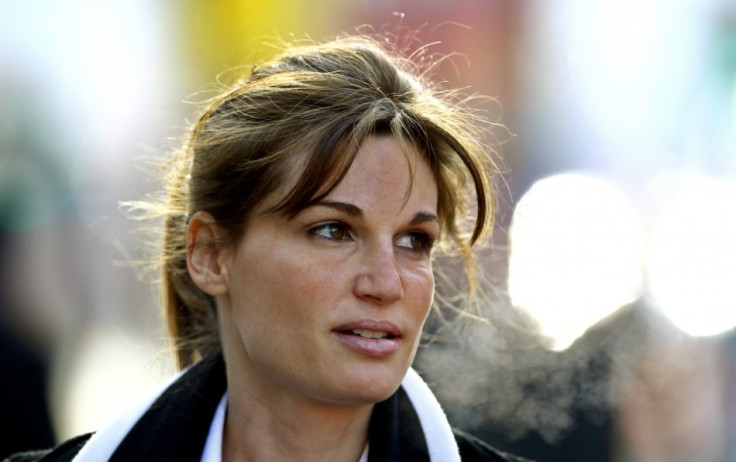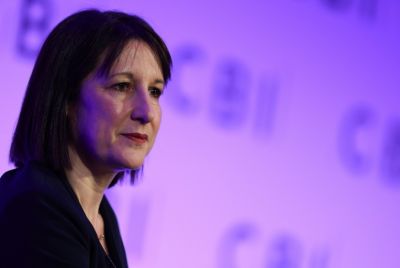Judge recommends injunction law covers Twitter users

One of Britain's top judges has called for a distinction between Twitter users, bloggers and national newspapers.
The changes could be brought about to protect innocent parties incorrectly named as being involved in an injunction - as happened to Jemima Khan earlier this month.
Ms Khan was named on an anonymous Twitter page as having been subject to a super-injunction because of alleged photos of her and Top Gear presenter Jeremy Clarkson.
Thankfully, both parties deny the pictures exist.
The report said that newspapers have a far greater reach and influence while the internet has "by no means the same degree of intrusion into privacy as the story being emblazoned on the front pages" because the mainstream media is "more trusted"
Lord Chief Justice Igor Judge, Britain's top judge, acknowledged that injunctions are often ignored by bloggers or users of social networks, and there is little that the authorities can do to stop them. The names of those people who had taken out anonymity orders have been circulating, sometimes in accurately, on Twitter.
"Modern technology is totally out of control.
"Anybody can put anything on it," he said.
"I'm not giving up on the possibility that people who peddle lies about others through technology may not one day be brought under control."
The report also suggest gagging orders should only be granted where strictly necessary.
However, the suggested changes fall short of a presumption in favour of free publication, which the press would like to see. It would not prevent a ban on disclosures of certain material and does little to answer concerns that judges are introducing a de facto privacy law which benefits the wealthy without the approval of Parliament.
© Copyright IBTimes 2024. All rights reserved.






















